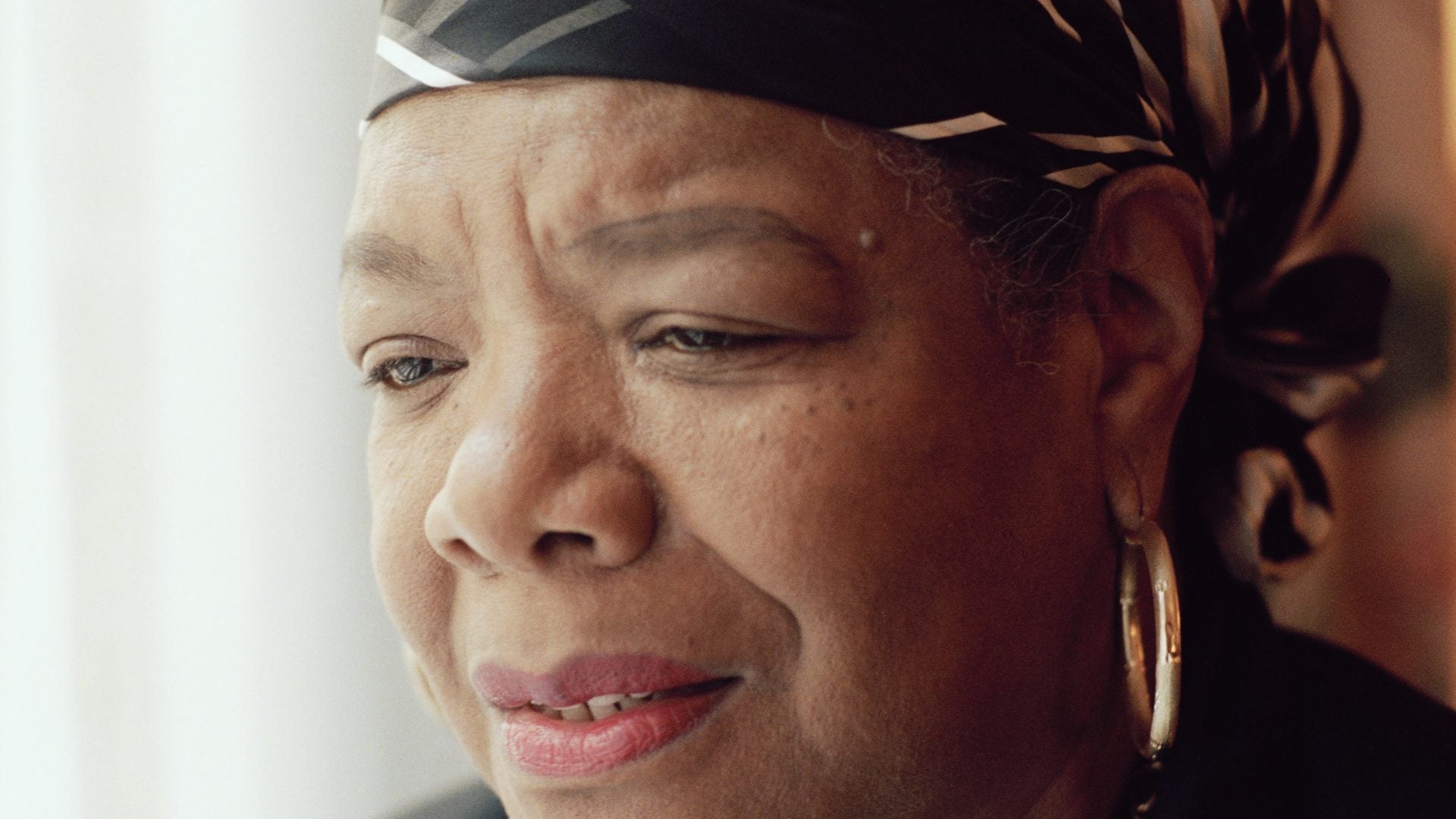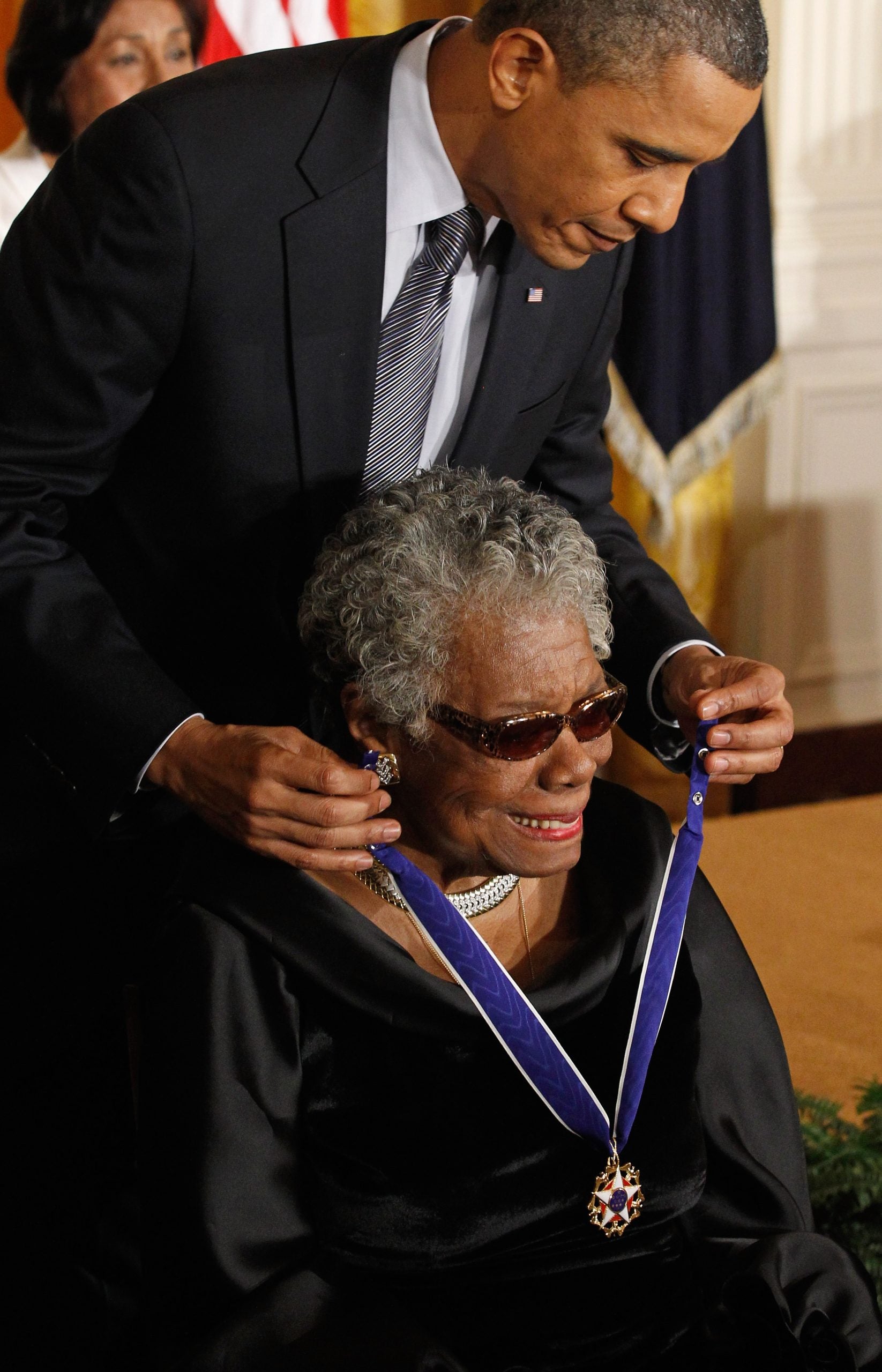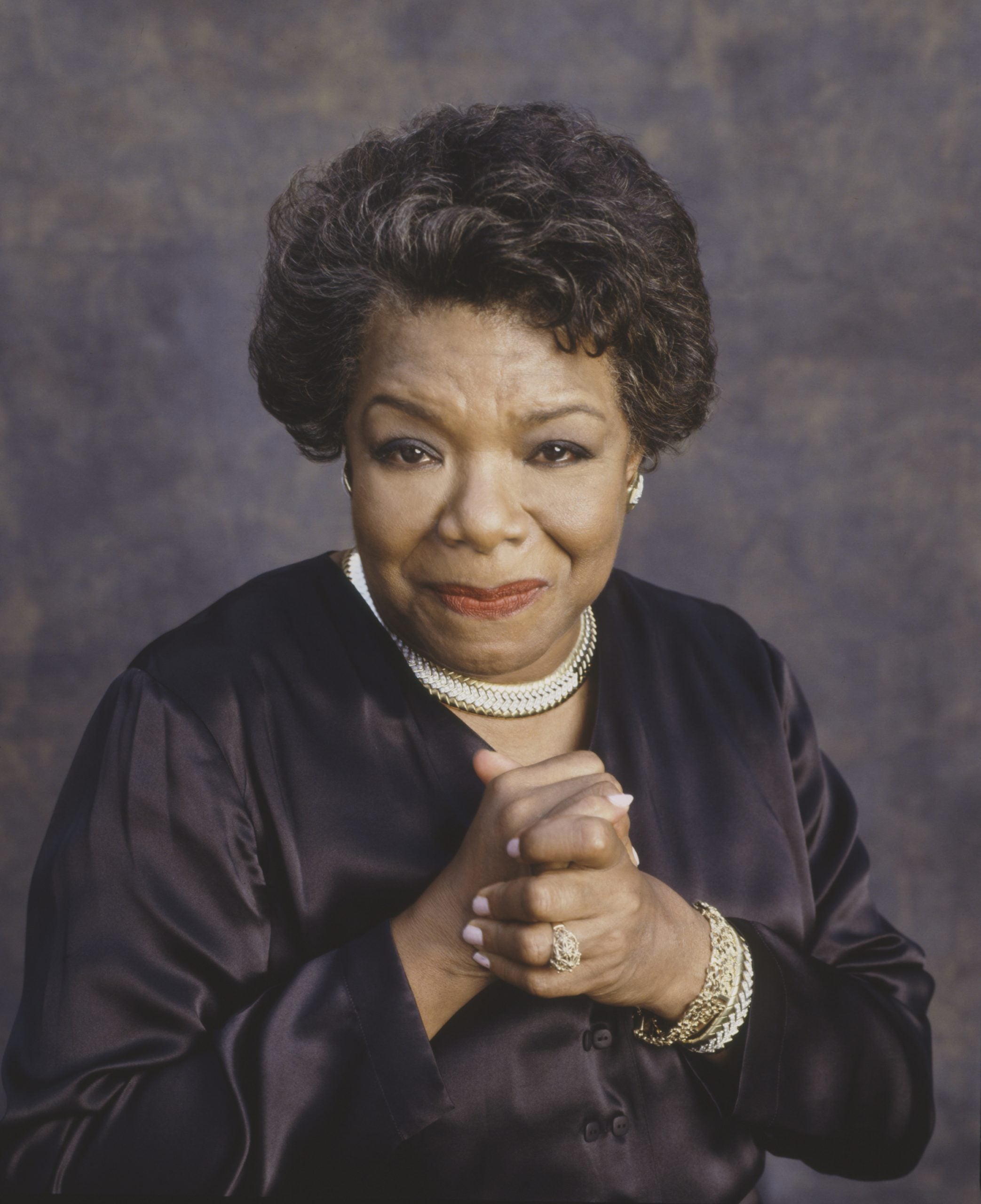
A poet, memoirist, activist, and educator, Maya Angelou’s life story is evidence of resilience, courage, and the written word. From her humble beginnings in the Jim Crow South to her rise as one of the most celebrated voices of the 20th century, Angelou’s journey is as inspiring as the wisdom she imparted through her prose and poetry.
Born Marguerite Annie Johnson on April 4, 1928, in St. Louis, Missouri, Angelou’s early years were marked by adversity. Raised in the segregated South, she experienced firsthand the injustices of racism and discrimination, yet she emerged from these challenges with an unwavering determination to forge her own path and give voice to the silenced and marginalized.
Her groundbreaking memoir, I Know Why the Caged Bird Sings, remains a seminal work, offering a searingly honest account of her childhood and adolescence. With lyrical prose and unflinching candor, Angelou illuminated the complexities of race, identity, and womanhood.
Beyond her literary achievements, Angelou was a tireless advocate for civil rights and social justice, using her platform to speak out against injustice and inequality. From her friendship with Malcolm X and Martin Luther King Jr. to her impassioned activism during the Civil Rights Movement, she remained steadfast in her commitment to creating a more just and equitable society for all.

As a poet, Angelou’s words danced off the page, capturing the essence of the human experience. Today, Angelou’s legacy endures reminding us of the power of literature to transcend barriers and unite hearts and minds. Though she may have passed from this world in body, her spirit lives on through her words, which continue to inspire, uplift, and empower generations. Keep reading for Maya Angelou’s words of wisdom.
“I’ve learned that people will forget what you said, people will forget what you did, but people will never forget how you made them feel.”
This timeless insight encapsulates Angelou’s profound understanding of the power of human connection. In a world often consumed by fleeting moments and transient encounters, she reminds us of the enduring impact of kindness, empathy, and compassion. Whether in our personal relationships or professional endeavors, Angelou’s words serve as a poignant reminder to prioritize empathy and understanding in all our interactions.
“Still, like air, I’ll rise.”
In the face of adversity and oppression, Angelou’s spirit shines through in this iconic line from her poem Still I Rise. These words serve as a rallying cry for perseverance in the face of adversity. They speak to the inherent strength within each of us to transcend limitations, defy expectations, and soar to new heights, despite the obstacles that may stand in our way.

“You may encounter many defeats, but you must not be defeated. In fact, it may be necessary to encounter the defeats, so you can know who you are, what you can rise from, how you can still come out of it.”
Angelou’s wisdom is never more evident than in this profound reflection on the nature of resilience and self-discovery. She acknowledges the inevitability of setbacks and failures in life but emphasizes the transformative power of perseverance and self-awareness. In the crucible of defeat, she suggests, lies the opportunity for growth, resilience, and the discovery of one’s true strength.
“Prejudice is a burden that confuses the past, threatens the future, and renders the present inaccessible.”
A staunch advocate for civil rights and social justice, Angelou’s words carry a weighty significance in addressing the scourge of prejudice and discrimination. With clarity and conviction, she highlights the insidious nature of prejudice, which not only distorts our understanding of the past but also imperils the promise of a more equitable future. In calling attention to the destructive impact of prejudice on the present moment, Angelou challenges us to confront our biases, dismantle oppressive systems, and strive for a world where all are treated with dignity and respect.





